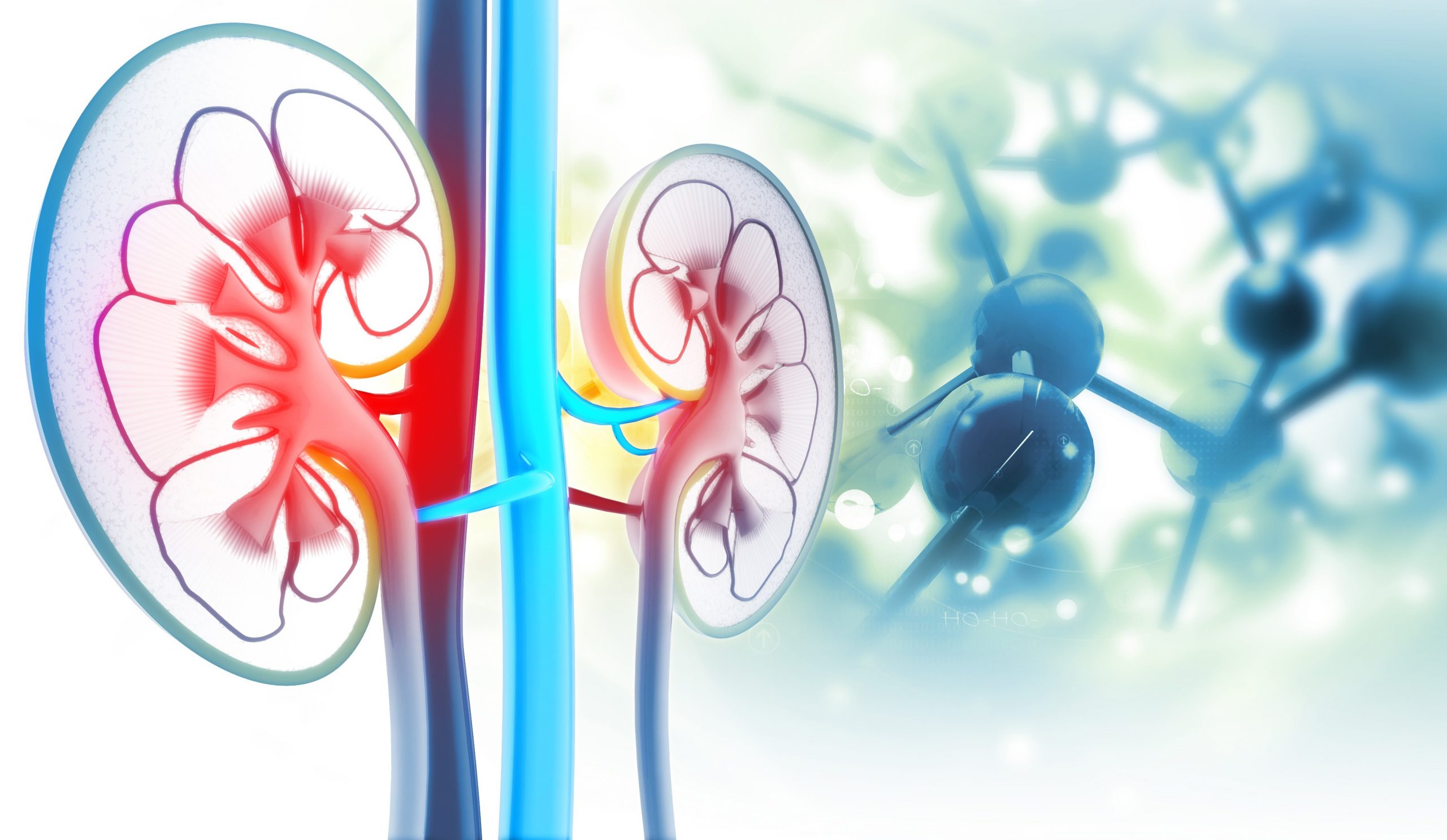
A recent study found that steroids may cause more serious side effects in patients with immunoglobulin A nephropathy (IgA nephropathy). This disease is caused by immune responses and results in kidney failure in about a third of cases. The steroid methylprednisolone is commonly used in this setting. However, the study also found that this drug is associated with an increased risk of serious infections.
This study showed that azathioprine, a drug that targets the immune system, reduced proteinuria in patients with IgA nephropathy. After a six-month course of steroids, proteinuria decreased to 0.87 g/d, with no significant differences between the two groups. A 108-month follow-up showed no significant adverse effects caused by azathioprine. The study was also the largest ever conducted in pediatric IgA nephropathy, and it has also confirmed that steroid therapy is effective in slowing the progression of advanced kidney disease.
Another study involving the use of a steroid for kidney disease found that it had an adverse effect on the immune system in patients with IgA nephropathy. The medication caused an increase in blood glucose and blood pressure, and increased the risk of hypertension and diabetes. The researchers concluded that it would be prudent to use the drug only for the short-term treatment of IgA nephropathy.
The study compared the effects of steroid therapy on proteinuria in patients with primary proteinuric nephropathy. Overweight and obesity were common side effects among the participants in this cohort, and two-thirds of the patients achieved a decrease in proteinuria in just six months. This lowered the risk of end-stage renal disease by about one third. Only one patient experienced a severe adverse effect, but their outcome was significantly better than that of the nonresponders.
The effects of steroid therapy on proteinuria have been studied in patients with primary proteinuric nephropathy. In the study, patients with this condition were treated with a steroid that had adverse effects on their renal function. Despite these risks, the steroid did not prevent the disease, but instead tended to treat it. It did not stop the proteinuria and subsequently improved the kidneys’ functioning.
A study published in the journal BMJ on steroid therapy for kidney disease has revealed that the steroid does not only lower proteinuria, but also improves the kidney’s ability to filter blood. The study also demonstrated that the drug was safe for patients with primary proteinuric nephropathy. This drug was withdrawn in China and Australia because of its high risk of serious infections. It has also been linked to severe side effects.
Although steroid treatment for kidney disease has been shown to be effective, the risk of SAAEs is a concern. In one study, a drug with these risks was withdrawn from the trial because of the risk of serious infections. The trial was halted in Australia because of the high risk of infections. This drug is not yet available in the United States, but is found in the WHO’s list of essential medicines.
One study conducted in Australia examined the side effects of a steroid drug for kidney disease. It found that the steroid methylprednisolone was linked to a higher incidence of severe infections. It was also found that steroid therapy had a significant effect on the quality of life. Some studies have even noted a positive correlation between proteinuria and a steroid’s risk of causing complications.

The effects of steroid for kidney disease were not consistent in all of the studies. Several patients developed hypertension, diabetes, and weight gain while taking steroids. The patients who experienced these side effects also had a higher risk of fractures, infections, and short stature. The study highlights the need for proper management of these patients with steroid treatment and explains the need for a new steroid for kidney disease.
In a study by Scholl et al., a steroid for kidney disease can delay the loss of kidney function. But in most cases, the steroid has only a mild effect. Despite its positive effects, it is often used as a last-resort treatment for NS. A steroid for kidney disease is an important component of the treatment. There are many risks associated with it.